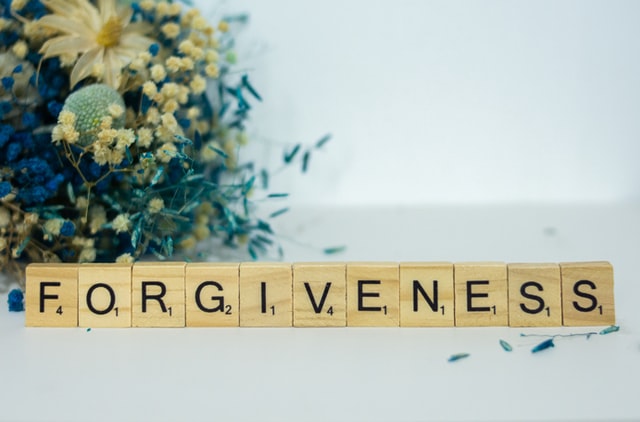Conflicts in Relationships – Strategies to regulate
Conflicts in relationships are like a double-edged sword, it makes the people depart or it makes the people grow together. Relationship conflicts may be in your personal space which includes your spouse, children, parents, relatives, and friends. The majority of the time, we are stuck in life when there is an unresolved conflict with our life partner. Let’s discuss some steps on how to face conflicts and some strategies to leverage conflicts for your growth in relationships.
What are the reasons for conflicts in relationships?
Conflicts happen when two people want two different things or one of them is not getting what they want. They occur usually in the context with
- Children
- In-laws
- Finances
- Career plan
- Household responsibilities
- Insecurities
- Lack of Self-awareness
Mistakes in dealing with conflicts in relationships:
- Each person is different in their own way. Some of you may withhold your true feelings in order to avoid arguments in relationships. So what will happen, it eventually bursts out in one day.
- Some of you may have the fear of bringing up conflicts and start escaping from them which gradually arise the gap in your relationships.
- Some of you waiting for your partner to take steps to solve the conflicts.
- Or sometimes you project the issues with your partner by judging and labeling them.

How to approach conflicts?
Many times conflicts in relationships are the byproduct of intricate and unresolved conflicts that happen as a result of disturbed behavior, imbalanced emotions, and cynical thoughts. Overall negative attitude is the main reason for the prolongation of conflicts.
Deal with it as early as possible:
When you face conflicts with your partner, don’t escape by avoiding them or don’t keep silent. Because either of these ways builds a gap between both of you. So, first, process your emotions and make an effort to deal with the problem as early as possible.
Practice Active Listening:
It is better to listen than speak!! Indeed, just talk to them and ask about their issues, controversies, and their opinion. Practice active listening here by being mindful, without any intention to deliver your opinions and without any judgment. This solves the majority of burning fires between you people.
Focus:
Remember, your aim is to solve the conflicts. Your behavior should enhance the conversations more positively. So, focus your words and behaviors when you interact with your partner and talk about their opinions or behaviors which disturbed you. Don’t talk about the character of your partner. A respectful conversation is the meaningful one.
Don’t do Blame game:
Whenever we face conflicts, either we go to self-blame mode or blame others mode. Avoid this blame game. Practice Assertive Communication, by putting yourself first without triggering your partner. Explore the opportunities and find the solution for your conflicts where both of you can travel with each other. Emphasis on feedback instead of argument.

Strategies to create an emotionally safe atmosphere after Conflicts:
Conflicts make the relationships connect and grow more if it resolved peacefully. Because during conflicts only you can able to know and understand your partner’s needs, likes, dislikes, opinions, priorities, and personal values. You understand more about your partner when you two have conflicts. Creating an emotionally safe atmosphere is critical for any relationship. Without it, you or your partner may feel resentment, mistrust, and loneliness.
- Be vulnerable, open up your emotions, and share with your partner
- Validate your partner’s emotions and make them feel that their emotions are important to you
- Set Healthy boundaries and respect your partner’s boundaries too
- Build trust by being committed to your relationship
- Share your ideas, goals, and values and leverage them into your family’s growth
- Practice Assertive Communication, by exercising your own rights without denying your partner’s rights
“ The goal of resolving conflict in a relationship is not victory or defeat. it’s reaching, understanding and letting go of our need to be right”- Larry James.
Image: Unsplash
Meaning of love in relationship
How to forgive others
Imposter syndrome- Signs, roots and tips to overcome
Conflict Management - A podcast with Ms.Chitra Lele
Share this post: on Twitter on Facebook on LinkedIn





